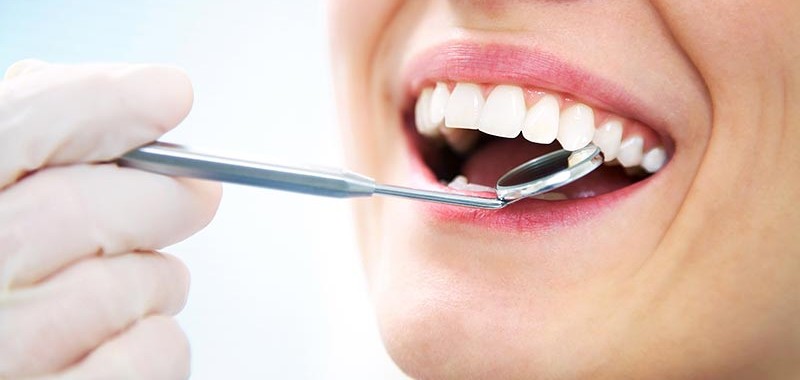Contact Us
Victoria Road Practice
34 Victoria Road
Hartlepool, TS26 8DD
01429 861327
Owton Manor Practice
212 Owton Manor Lane
Hartlepool, TS25 3QD
01429 265471
Northgate Practice
29 Northgate
Hartlepool, TS24 OJT
01429 222707

Pregnancy can be an exciting time and while you have so much to plan for, your oral health may be one of the last things you’re thinking about. But it’s more important than ever to pay close attention to your dental health in this time.
That’s because hormone changes during pregnancy can affect your oral health and many pregnant women notice that their gums are red, inflamed and sometimes bleed when they brush their teeth. The swelling and inflamed gums are referred to as ‘pregnancy gingivitis’ and can start as soon as the second month of pregnancy. The hormone progesterone can be around 10 times higher than normal during pregnancy, affecting the body’s response to toxins as a result of plaque build-up. Women are therefore more susceptible to developing periodontal disease when these hormonal fluctuations occur.
Some women also experience a growth on their gums known as a pregnancy granuloma which are red nodules, usually found on the upper gums. While they are not dangerous, they can cause discomfort. Other oral health problems may include tooth erosion as a result of constant exposure to acid from severe morning sickness. Dry mouth is another major complaint, but can be easily remedied by drinking plenty of water and using sugarless candies to stimulate saliva flow.
If you are pregnant we recommend that you come to the practice for a thorough check up so we can help you to have a healthy and happy pregnancy.
If you are pregnant you are entitled to free NHS dental treatment. To get free NHS dental treatment, you must have:
You’re also entitled to free NHS dental treatment for 12 months after your baby is born. To prove your entitlement, you will need to show:

34 Victoria Road
Hartlepool, TS26 8DD
01429 861327
212 Owton Manor Lane
Hartlepool, TS25 3QD
01429 265471
29 Northgate
Hartlepool, TS24 OJT
01429 222707
